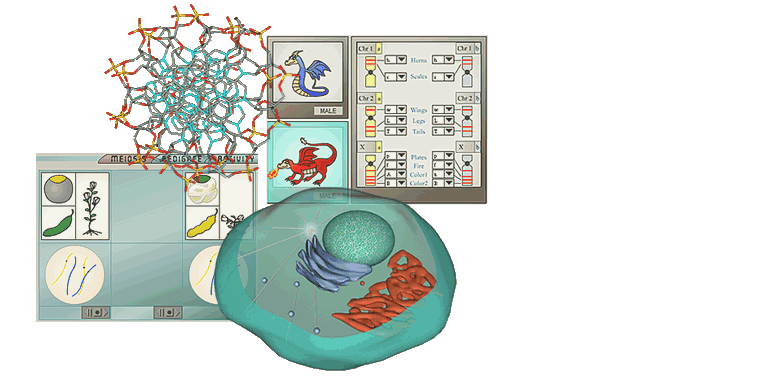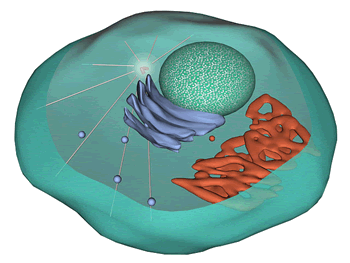Physion is free Physics simulation software that can be used by educators to create physics simulations for their class or by students to create physics simulations to explore concepts or as part of a project. The teacher can even create experiments for the students to use in class (virtual labs).
You use the included tools to create physical objects, including gears, and joints (springs and pulleys) that obey the laws of the Physics. It is similar to software I used as an engineer.
Below is a video that shows how it works. It's easy to use and fun. Students can use it to explore all kinds of concepts on their own, as well as using teacher created simulations. It can be used on Windows and Linux OS's. A Mac OS version is in development.
Here is a video showing some of the complex simulations you can create using it:
This is a great resource for physics teachers to create virtual labs and investigations, as well as a tool for students to explore physics concepts and create their own labs. There are also scenes that others have created that you can download and use.
The site has a Wiki and Forums to find help and ideas.
Physion: http://physion.net/
Related:
PhET - excellent, free, virtual labs and simulations for science













